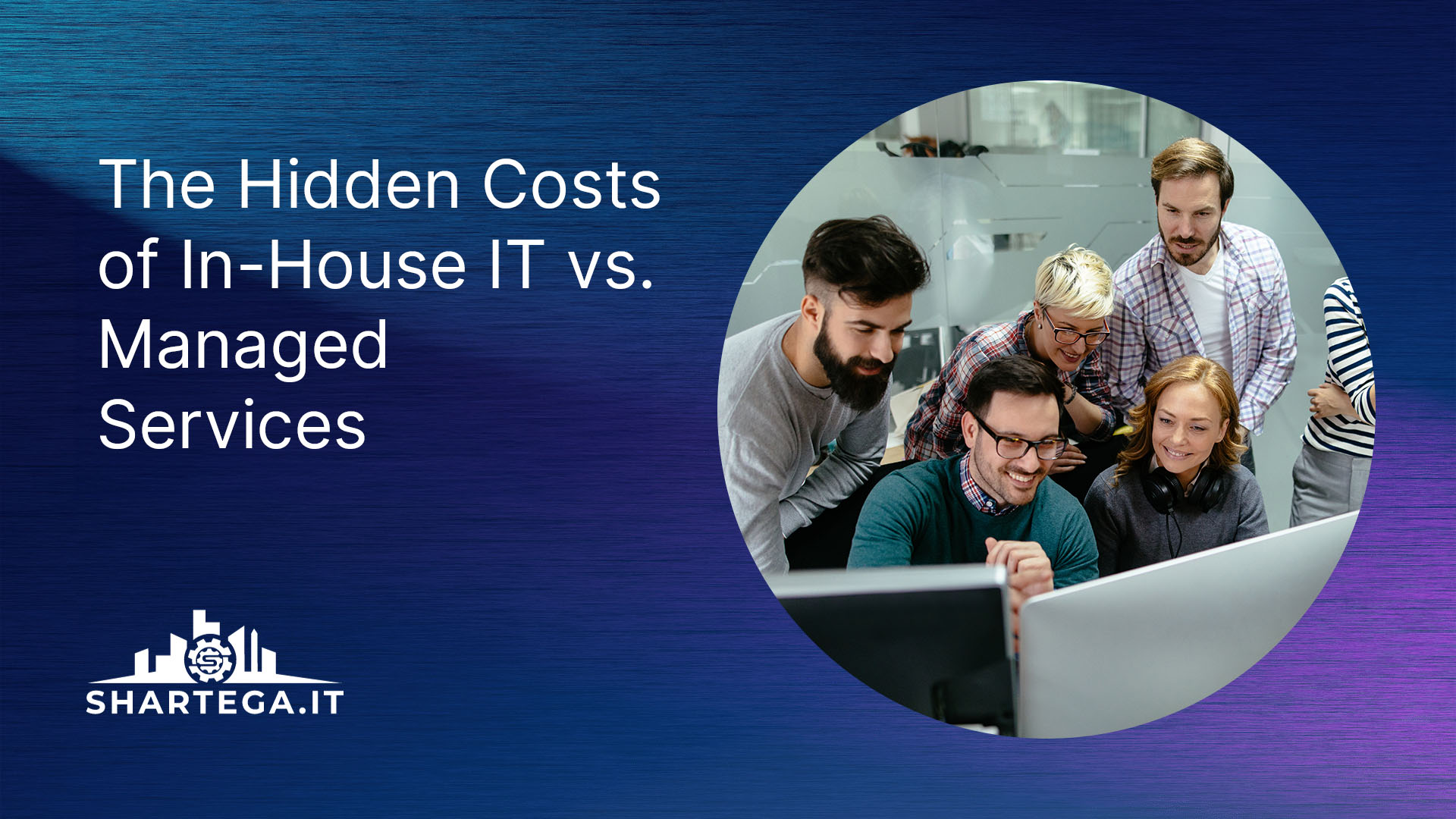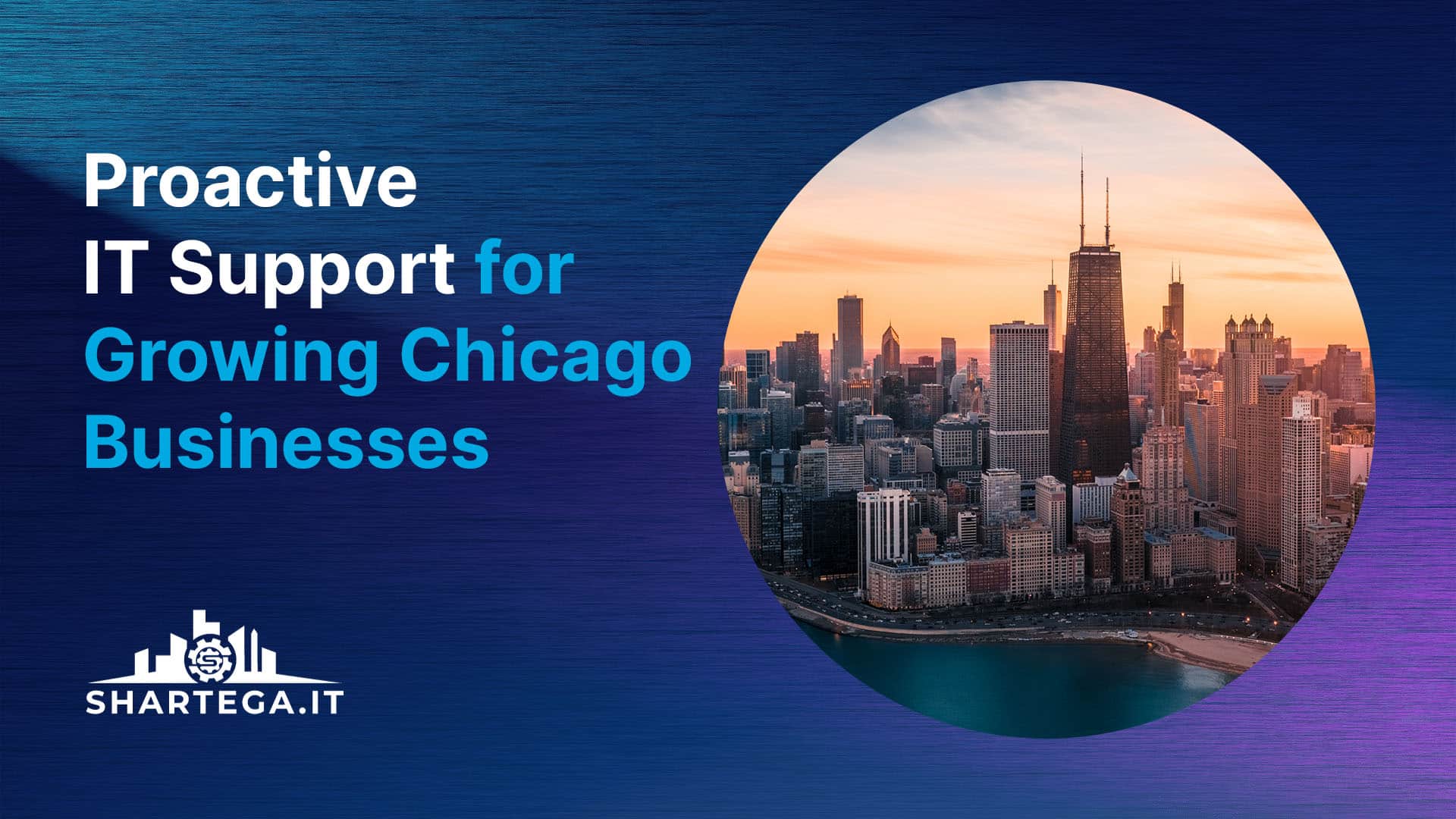In today’s rapidly evolving business landscape, companies must remain agile, competitive, and efficient to remain relevant. To achieve these goals, organizations often rely on technology to streamline their operations and stay ahead of the curve. However, managing IT systems and infrastructure can be complex, time-consuming, and expensive, requiring specialized skills and expertise.
As a result, many companies opt to outsource their IT needs to managed service providers (MSPs) or engage in IT projects with third-party vendors. While both options offer significant benefits, they are fundamentally different in terms of their approach, scope, and objectives. In this blog, we will explore the key differences between managed services and projects, and help you determine which option is best for your business.
What Are Managed IT Services?
Managed services refer to an ongoing, proactive approach to IT management, where a third-party provider assumes responsibility for all or part of a company’s technology infrastructure. The MSP provides a range of services, including monitoring, maintenance, updates, support, and security, to ensure that the IT environment is operating optimally and securely.
Key Characteristics of Managed Services
- Proactive, ongoing approach to IT management
- Third-party provider assumes responsibility for all or part of a company’s technology infrastructure
- Focus on monitoring, maintenance, updates, support, and security
- Predictable, recurring costs
- Service level agreements (SLAs) that guarantee a certain level of performance and uptime
- Regular reporting and communication between the MSP and the client
Benefits of Managed Services
- Cost-effective: Managed services provide a predictable, recurring cost structure, allowing businesses to budget more effectively and avoid unexpected expenses.
- Scalable: MSPs can easily adjust their services to accommodate changing business needs and requirements.
- Expertise: MSPs bring a wealth of expertise and experience to the table, allowing businesses to leverage the latest technologies and best practices without investing in costly training or hiring additional staff.
- Increased uptime and reliability: With 24/7 monitoring and proactive maintenance, MSPs can identify and resolve issues before they escalate, minimizing downtime and ensuring maximum uptime.
- Enhanced security: MSPs employ advanced security measures and practices to protect against cyber threats and data breaches, reducing the risk of costly security incidents.
What Isn't Included In Typical Managed Services Plans
While managed IT services offer numerous benefits, it’s important to understand that not all IT services are covered under a managed services plan. Here are some of the common IT services that may not be included in a standard managed services plan:
- Project-based work: Managed IT services are designed to provide ongoing, proactive support, and maintenance, not project-based work. If you require a significant project, such as a server migration or software upgrade, it will likely be treated as a separate endeavor with its own scope, timeline, and budget.
- Hardware or software costs: Managed services typically cover the cost of monitoring and maintaining your IT infrastructure, but they do not include the cost of purchasing new hardware or software licenses. Any new hardware or software requirements will need to be budgeted separately.
- Third-party vendor costs: While an MSP may be able to assist with the coordination and management of third-party vendors, any costs associated with these vendors, such as licensing or implementation fees, are typically not covered under a managed services plan.
What Happens If I Don't Have Ongoing Support From An MSP?
Businesses that do not have ongoing IT support may face a variety of issues that could negatively impact their productivity and revenue. One major consequence of not having ongoing IT support is downtime, which can result in lost productivity, revenue, and damage to a business’s brand reputation. Additionally, cybersecurity threats are constantly evolving, and without ongoing IT support, businesses may be more vulnerable to attacks such as ransomware, phishing, and malware. This can lead to data breaches, loss of sensitive information, and reputational damage.
Without regular maintenance and monitoring, IT systems may become outdated, slow, or inefficient, which can reduce productivity and hinder a business’s ability to compete in their industry. Furthermore, major IT issues that require costly repairs or replacement are more likely to occur without regular maintenance and monitoring, leading to unexpected expenses that can impact a business’s bottom line.
Finally, without the proper IT infrastructure in place, businesses may struggle to scale and adapt to changing business needs. This can limit growth potential and hinder competitiveness in the long term. Therefore, partnering with an MSP for ongoing IT support is essential for businesses of all sizes that rely on technology to stay competitive and efficient. An MSP can ensure that IT systems are maintained, secure, and efficient, leading to increased productivity, reduced downtime, and a better customer experience. Ultimately, this can drive growth and success for businesses.
What Are IT Projects?
IT projects, on the other hand, are typically defined as one-time, discrete initiatives that aim to achieve specific objectives within a set timeframe and budget. Projects may involve the implementation of new technologies, the migration of data or applications, or the development of custom software.
Key Characteristics of IT Projects
- One-time, discrete initiatives with defined start and end dates
- Focus on achieving specific objectives within a set timeframe and budget
- Scope may include the implementation of new technologies, the migration of data or applications, or the development of custom software
- Project team may include internal staff, third-party vendors, or a combination of both
- Project manager oversees the project from inception to completion
Benefits of IT Projects
- Customization: IT projects allow businesses to tailor solutions to their specific needs and requirements, creating a competitive advantage and driving innovation.
- Control: Businesses have greater control over the scope, budget, and timeline of the project, allowing them to manage risk and ensure successful outcomes.
- Flexibility: IT projects can be adjusted or modified to accommodate changing business needs and priorities.
- Ownership: Businesses retain ownership and control of the technology and data once the project is completed.
- Competitive advantage: Successful IT projects can create a competitive advantage by improving efficiency, reducing costs, and enhancing customer experience.
Conclusion
Managed services offer ongoing, proactive support and maintenance to keep your IT infrastructure running smoothly, while project-based services are designed to address specific IT needs, such as a software upgrade or network redesign. By partnering with an MSP, you can enjoy the benefits of predictable costs, improved security and reliability, and access to a team of IT experts who can help you stay ahead of the curve.
However, it’s important to carefully review your managed services agreement to understand the services that are included and any fees associated with additional services. With the right MSP partner and a clear understanding of your IT needs, you can ensure that your technology supports your business goals and helps you achieve success in today’s fast-paced digital world.





